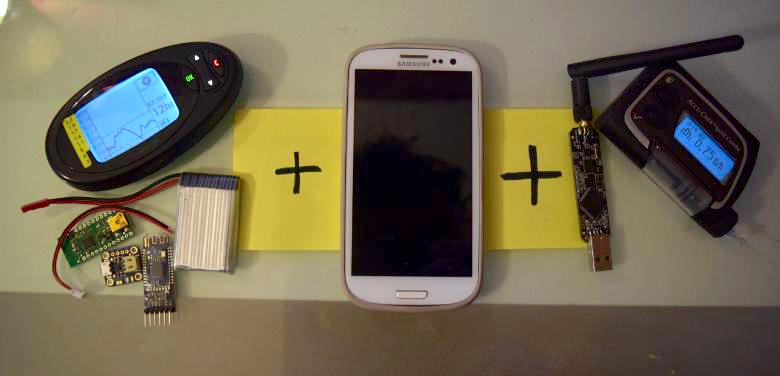How to hack diabetes: The open artificial pancreas project
 Credit: Tim Omer
Credit: Tim Omer
Jeff Engler, Entrepreneur in Residence, Rock Health
Rock Health’s mission is to power the future of the digital health ecosystem, and we generally work to achieve this through supporting amazing startups, partnering with industry-leading companies, and organizing events like the annual Health Innovation Summit. I recently came across an initiative that doesn’t fit into these buckets but has a similar opportunity to transform the future of digital health, and wanted to write about them here in the hopes that folks who are reading feel inspired to join their effort.
OpenAPS seeks to design an artificial pancreas to relieve the burden of Type 1 Diabetes (T1D). T1D is an autoimmune disease that affects up to three million Americans each year, destroying the pancreas’ ability to produce insulin, a hormone that helps the human body process sugar. People with T1D must manually inject insulin to regulate sugar intake, varying the frequency of insulin injections according to, among other variables, their food consumption, exercise, overall health, and sleep patterns. In practice, this means making approximately 300 decisions per day to avoid short-term sickness and maintain long-term health. Even the most diligent T1D patients face elevated risk of early death from high or low blood sugar. (And needless to say, improving T1D represents an enormous business opportunity as well—as the disease costs the US health system $14.9 billion each year.)
The major opportunity is to build an end-to-end system (an “artificial pancreas”) using glucose monitors, insulin pumps, and smart algorithms to automatically adjust insulin. This would decrease the incredible burden of T1D and increase long term survival rates for T1D sufferers. Researchers have been working on various artificial pancreas innovations for many years, but legal / regulatory / clinical / technical hurdles have delayed the commercial introduction of such a solution.
This is where OpenAPS comes in. OpenAPS intends to overcome these hurdles through crowdsourced collaboration; they’re establishing a collective of like-minded innovators, patients, and subject-matter experts. While their goals seem ambitious, I’m encouraged by their early success with the Nightscout project to enable remote glucose readings on smartphones. If you’d like to learn more about OpenAPS and/or contribute your expertise, I encourage you to check out their website here.